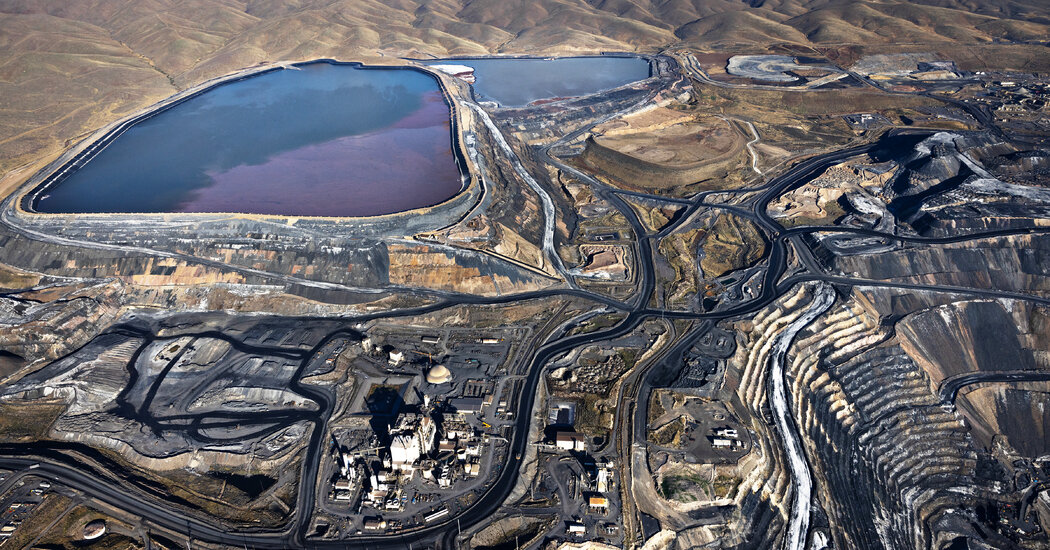From a small brick building in Garden City, Kan., 13 men manage the use of groundwater across five million acres in the southwest corner of the state, some of the most productive farmland in America for corn, wheat and sorghum.
They serve on the board of Groundwater Management District 3, which since 1996 has overseen the pumping of 16.2 trillion gallons of groundwater — enough to fill Lake Mead, the country’s largest reservoir, twice over.
The board is elected, but not by everyone: The only people eligible to vote are large landowners, a group of less than 12,000 people in an area of roughly 130,000. And in some years, fewer than 100 people actually vote. Others — cashiers at Walmart, teachers at the community college, workers at the local St. Catherine Hospital — have no say in the management of the aquifer on which they, too, rely.
The aquifer is running out of water, fast. But the board hasn’t slowed down the pumping.
In a country where the value of land often depends on access to water, powerful interests in agriculture, heavy industry and real estate draw vast amounts of water out of the ground. For generations, that water has been treated as an unlimited resource in much of the United States, freely available to anyone who owns a piece of land and can drill a well. Entire local economies have been built around the assumption that the water will never run out.
Now it is starting to run out, not only in Kansas but across much of the country. From Maryland to Hawaii groundwater levels are falling, often the result of overpumping and underregulation, made worse by climate change. As the planet warms, demand for water is increasing. At the same time, increased evaporation, as well as decreased precipitation in some places, means that less water is refilling the aquifers, accelerating their decline.



Most Canadians have known for a while now there would come a time when America would come for our fresh water.
My guess is that time is sooner than we hoped.